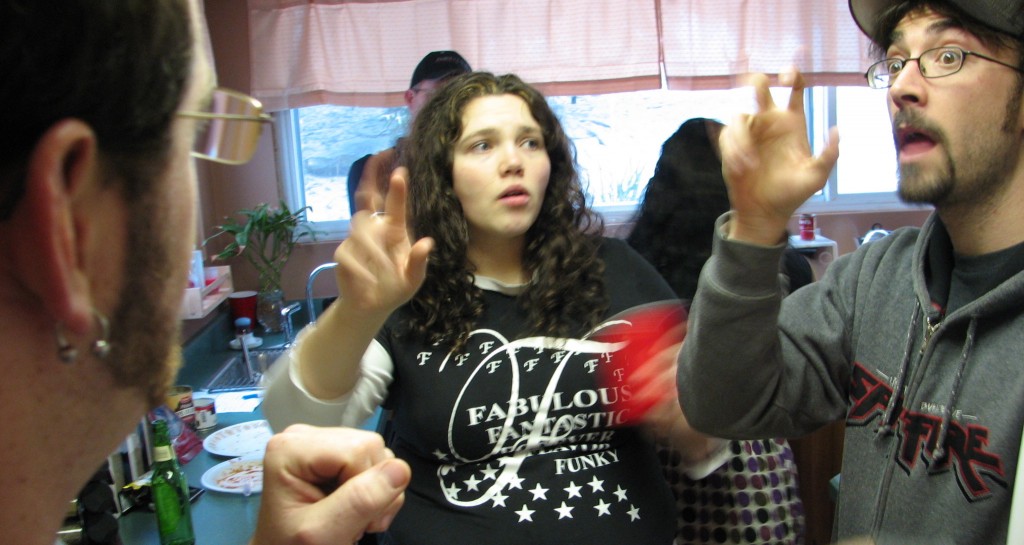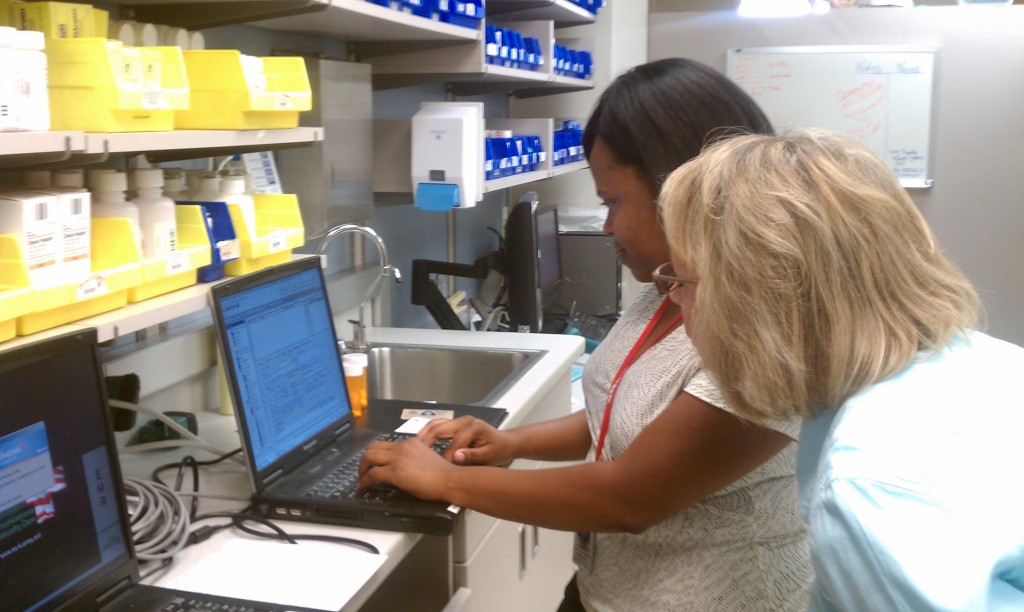 We all face situations from time to time where we aren’t sure if something is wrong or if we’re imagining things.
We all face situations from time to time where we aren’t sure if something is wrong or if we’re imagining things.
You know, things like…
- Has my mother really got a problem with her memory or is it just because she is getting old?
- Is my dad taking his pills correctly or am I just too busy to remember how many were in the bottle in the first place?
- Is the lesion on my body something I need to worry about or am I being paranoid?
Am I Wasting My Time?
We play these mind games with ourselves and think, well if I just left it a bit longer it might just go away… or I am just too busy to think about this now?
But maybe you just need to think how much time are you wasting worrying about the situation.
Is it taking you away from others things that are also important?
Why wait till the situation gets worse and a crisis happens?
Time To Get Moving
Every time you put something off or think it doesn’t matter and you push it to the back of your mind, you can guarantee it is going to keep coming back to you.
Every time you have a few spare minutes, here it comes again to remind you.
So, what is the solution?
Action.
That’s right. Do something.
Have a parent that’s causing you stress? Download our free Challenging Behaviors Guide to discover how you can figure out what’s going on and maintain your relationship, and de-stress each day.
What You Can Do
You see, you can put things off for a variety of reasons but at the end of the day, if you act early you can alleviate yourself of a lot of unnecessary mind chatter…
Because it will go around in your head until you do.
What are some easy actions you can take to get started assessing the situation instead of worrying?
Some suggestions are…
- If you have money issues then call the bank
- If you think you have a health issue, call the doctor and make an appointment
- If you have family issues then discuss it with the person concerned or a trusted friend that could shed a different light on the subject
It’s All Small Stuff
You see, the key to good emotional health is to not sweat the small stuff.
Because at the end of the day, it is all small stuff.
Sound easy? Well no it isn’t always that easy but one thing I can guarantee.
For the most part, when you look back after 6 months you will wonder just why you were worrying so much.
A Few Useful Tools
In the process of taking some action you may like to consider some other useful tools that I have found to be helpful.
Journaling
I call this my silent friend.
It is a place where I can download all my worries, or successes.
It is a place where no one comes back with any solutions for me, but me.
It allows me to take it out of my head and put it on paper.
And once it is on paper, I have freed up space and can allow myself to focus on other things.
Angel Letter Writing
Now this may seem a bit way out… but it works.
Angel Letter Writing is where you write a letter to the person that is involved in a personal issue for you.
You outline what the problem is between you, how it is affecting you and ask for a resolution or something positive to come out of it.
You then burn the letter and let it go.
Helping Yourself
These suggestions may seem a bit strange but sometime talking it out with others doesn’t work.
Instead it may perpetuate the issue.
After all, what you are looking for is inner peace because the issues or issues are affecting you…
But it may not even be affecting the other person.
So rather than waste your precious energy giving the problem more energy than it deserves… do something different to help you and your peace of mind.








